What are Effective Ways to Discipline a Puppy?
Puppies are extremely cute. But they come with behaviors and habits that can frustrate you and test your patience. For instance, your new pup may chew your shoes or pillows, keep barking continuously, or do its business in your bed. While all these behaviors are wrong, they can be controlled through training and discipline. Disciplining a pup is an integral part of dog training. You can try to discipline your pup at home by identifying behavior problems and trying solutions for them.
Common Puppy Behavior Problems
Puppies come with their own set of behavior patterns and habits. Listed below are common puppy behavior problems that you can control through discipline:
Barking
Barking and whining come naturally to pups. This is how they try to vocalize their feelings. But, excessive barking can be inappropriate and annoying. Your pup may whine or bark to vocalize boredom, anxiety, pain, and excitement, to get attention, or as a response to other dogs. You must understand the reason behind the barking before responding to it. Depending on the cause of the barking, you can either give a firm reprimand or ignore the behavior.
Biting or Nipping
Nipping and biting are often non-aggressive behaviors. Most of the time, your pup will use its mouth as a tool to explore and discover its surroundings. However, if the behavior goes unchecked, your pup can learn a few dangerous habits as it grows up. While you must control biting and nipping, make sure you don’t respond to it by jerking your hand away. This will look like a game to your pup and it will continue the behavior. Instead, clearly say “ouch” or something equivalent and gently remove your hand from your pup’s mouth. The intention is to teach your pup that nipping and biting can hurt.
Chewing
Like barking, chewing comes naturally to dogs. The issue arises when your pup chews things that it should not. In most pups, chewing things comes due to curiosity or teething. When you notice your pup chewing something, signal it with a strong command to let go of the object. Once the pup leaves the object, you can give it a chewstick or bone to chew on instead.
Peeing or Pooping in the House
Peeing and pooping around the house is one of the most common problems faced by new pup parents. But it is not impossible to control. The first step in preventing your pup from peeing and pooping in the house is to set a routine. The routine should determine when it eats and when it goes outside. Your puppy’s digestive system is usually regular, so you will know when your puppy needs to relieve itself after eating. In addition, setting other potty training routines, like going out first thing in the morning, can teach your puppy to go outside and do its business.
Tips for Disciplining Your Puppy
While it may seem impossible to discipline your little pup initially, it is not a very difficult task. A little patience and consistency can help you go a long way. Listed below are a few tips to help you discipline your puppy:
Stay Consistent
Being consistent is critical to disciplining your puppy. For instance, if your pup was told not to bark at a neighbor one day and you ignore the same behavior the next day, your pup will learn the desired behavior. Giving in to your pup even once will reinforce negative behavior. That is why you must remain consistent with your reactions and instructions.
Be Prompt
Tackle a behavioral issue only when you catch your puppy in the act. Your puppy will not understand that you are not happy with its behavior if you reprimand it ten minutes after it has chewed through a pillow.
Be Firm
Saying no firmly will tell your puppy that you are not happy with its behavior. However, you must not yell or scream. Your pup won’t understand that the screaming and shouting are directed toward a specific behavior and will interpret it as a threat.
Give Timeouts
Timeouts are effective at disciplining not just naughty children but puppies as well. Use timeouts in response to behaviors like mouthing, nipping, jumping on people, and some forms of aggression. An ideal way of giving your puppy timeout is to give it a verbal signal and either lead it to an area where it will be separated from others or leave the room. You can also use a crate as an effective timeout space. Ensure the timeout doesn’t last more than a few minutes.
Use Positive Reinforcements
Positive reinforcement is essential in making a puppy understand what you expect from it. Rewarding good puppy behavior is as important as discouraging the bad. Use petting, praises, treats, or playtime as positive reinforcement for good behavior.
Things to Avoid When Disciplining a Puppy
Puppies are like babies. They can sometimes test your patience when you try to discipline them. It can get very tempting to resort to anger and physical punishment when trying to discipline your pup. However, this will do you more harm than good. Listed below are a few techniques you should avoid when trying to discipline your pup:
Avoid Physical Punishment
Though physical punishments were encouraged in the past to correct puppy behavior, today, it is not considered to be an effective training tool. When you use physical punishment, you tell your dog that aggression is an acceptable form of behavior. Punishing your dog for biting is not an effective way of stopping the behavior. Punishment will only provoke aggression, fear, and anxiety.
Avoid Staring Down, Dragging, or Holding Down Your Pup
If you try to threaten your pup, it will learn to either challenge or fear you. In addition, physical manipulation in the form of dragging or staring and holding down your pup will teach the pup to defend itself. Even if the pup becomes submissive at the moment, it can lead to pent-up aggression, which can manifest itself later.
Avoid Screaming or Shouting
Puppies learn and pick up behavior from the signals we give them. So, if our tone of voice is out of control or anxious, the puppies will also become anxious and hyper. That is why you must use a calm and controlled demeanor when disciplining your puppy.
Sometimes, despite your best efforts, you may not be able to train and discipline your pup at home. At such times, hiring professional puppy trainers like Canine By Design can be beneficial. They are a dog training company that can train your pup and instill discipline.
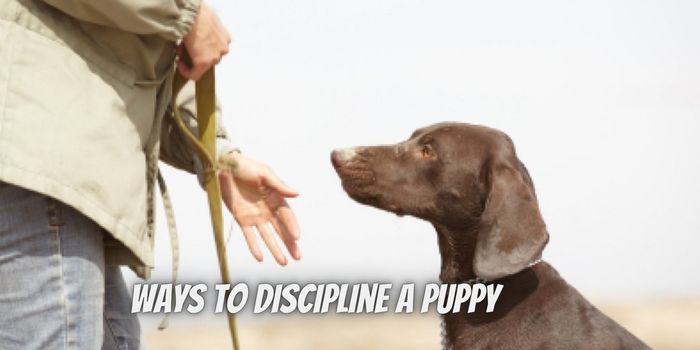

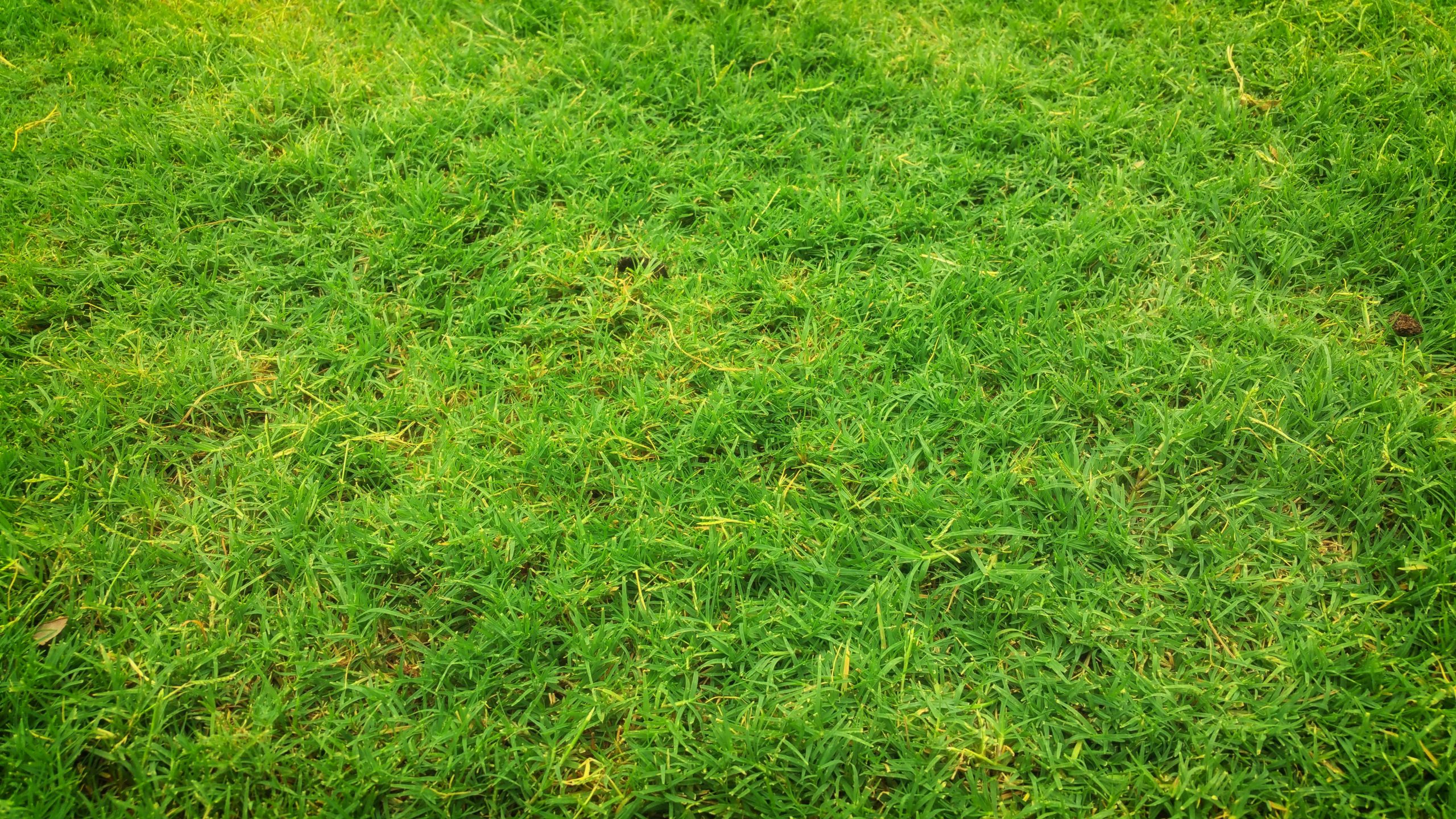



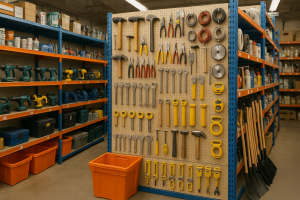

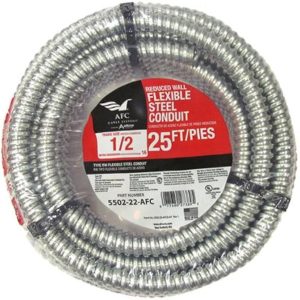
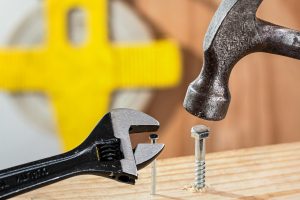
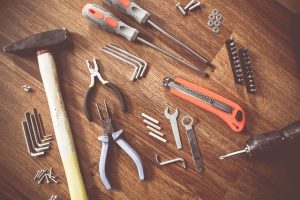



Post Comment
You must be logged in to post a comment.